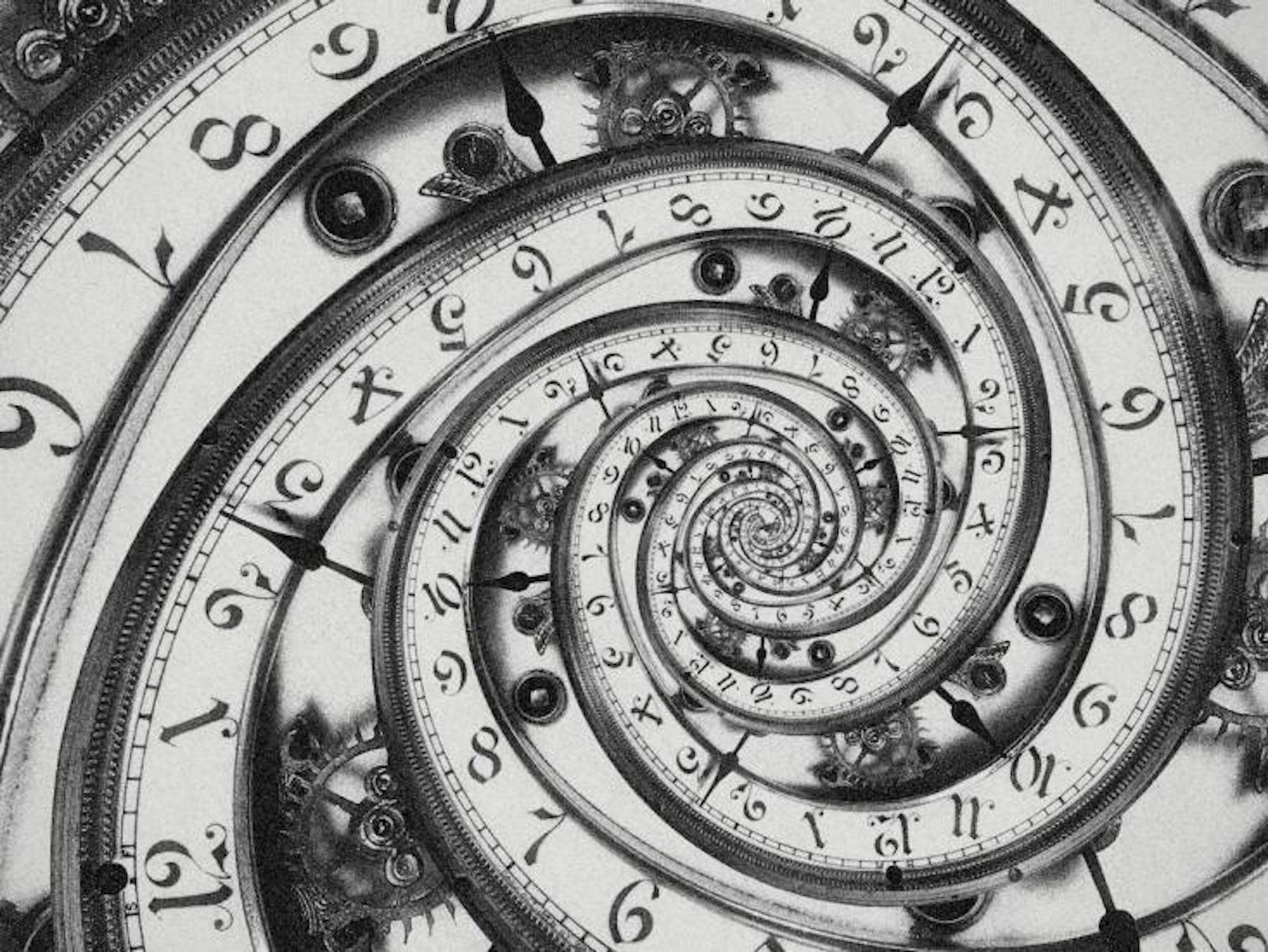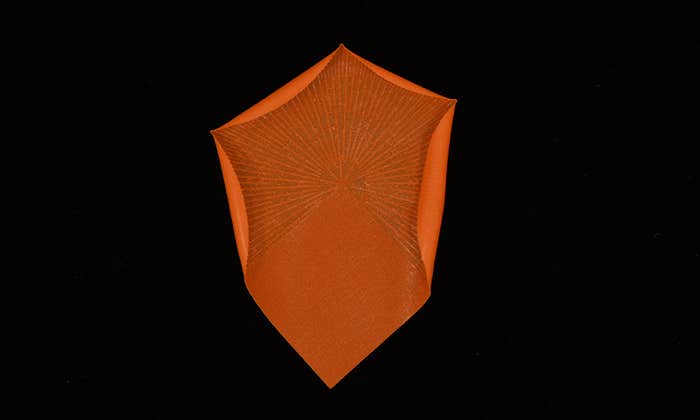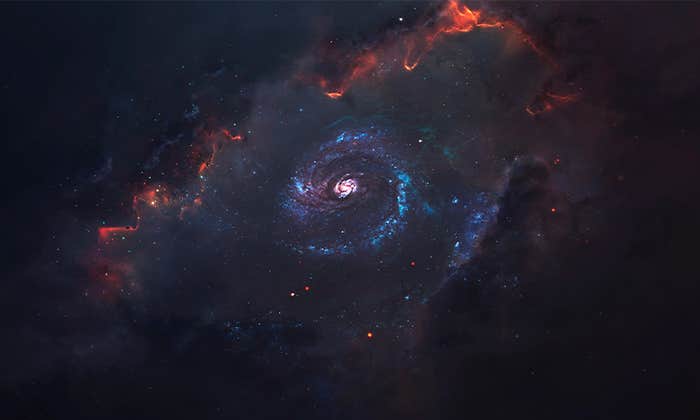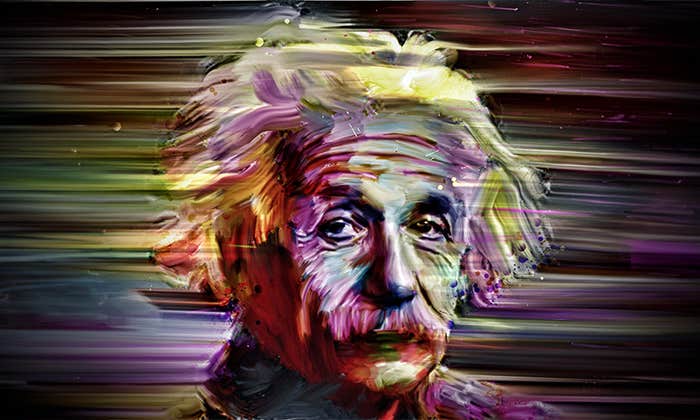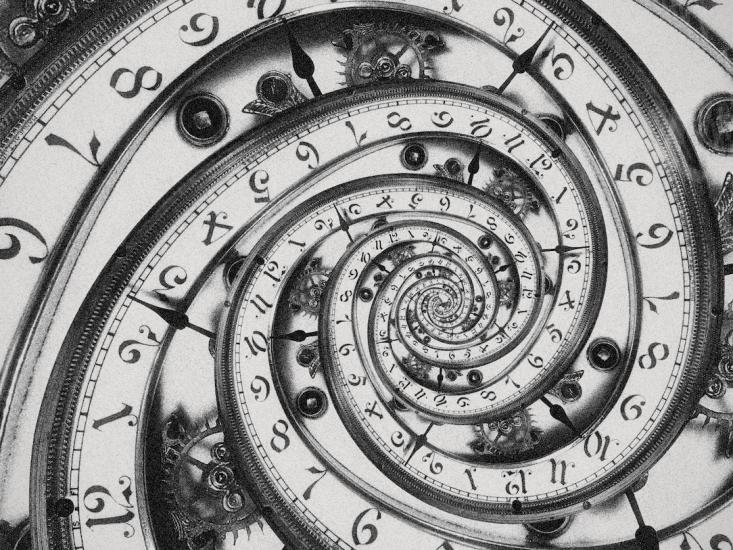
The main elements of the Big Bang model are “easily listed,” says Jim Peebles, the Albert Einstein Professor Emeritus of Science at Princeton. The model holds that the large-scale structure of the cosmos is expanding faster and faster and that, on average, the universe looks close to the same no matter where you look. The Big Bang model assumes that conventional physics—including Einstein’s theory of gravity, general relativity—is more or less correct.
With this model, if you rewind the tape of history, the universe has a beginning in an inconceivably “hot, dense state”—a singularity—13.8 billion years ago. Time begins when this singularity explodes in the Big Bang. Stephen Hawking has said we can “cut” possible events before the Big Bang out of our cosmological theories because there’s no way to measure them. But the question of what, if anything, preceded the Big Bang is still a fascinating one—and to some scientists, it’s theoretically unavoidable.
Last year, Saurya Das and Ahmed Ali, physicists at the University of Lethbridge in Alberta and Benha University in Egypt, respectively, published a theory in Physics Letters B arguing that the universe, contrary to the Big Bang model, has no beginning. They don’t deny that there was a “rapid release of energy about 13.8 billions years ago,” but they do deny the existence of an initial singularity. Nautilus asked Das and Ali about how they formed their theory and about the implications of a spacetime with no start. The two physicists, speaking as one, emailed us their answers.
Why is the Big Bang theory mistaken?
According to standard Big Bang theory, our universe began at an infinitely dense point known as the “singularity.” A good physical theory should get rid of the singularity, so researchers, including us, have been trying to explore whether quantum mechanics can make it go away. In our model, we use the fact that, according to quantum mechanics, position and velocity of almost anything in our universe are uncertain—including a singularity—which therefore should not exist with certainty. There is also the issue of time—does time have a beginning? Standard Big Bang theory says that it does, while our model says that the age of the universe is infinite.
Also, our universe contains dark energy (about 70 percent) and dark matter (about 25 percent), whose origins remain unknown. Our model tries to address this problem as well, by proposing that the universe is filled with a cold and quantum fluid known as Bose-Einstein condensate, which can account for the observed dark matter and energy.
How does that account for dark energy and dark matter?
Our proposed Bose-Einstein condensate of light gravitons (particles which mediate gravity) has mass and density. We postulate that this density accounts for the observed dark-matter density. The condensate, also being a quantum object, exerts a small quantum force, which would be absent if the cosmos were deterministic, as Newton and Einstein thought. We postulate that this force, which has negative pressure, accounts for the observed dark energy in our universe. The calculations that we have done so far lend further quantitative support to these identifications.
How does your model resolve the Big Bang singularity?
If the universe that we live in was indeed formed from a singularity about 13.8 billion years ago, there is no way of telling what happened before this time, since physical theories cannot be extended past this, and the concepts of space and time break down. This is a problem! Instead, we backtrack our universe’s history using, not the deterministic classical mechanics, but using quantum mechanics, developed at the turn of the last century by Bohr, Heisenberg, Schrodinger, and others. With this we see that, while our universe does get very small and dense in the past, it does not contract to a point with infinite density, but continues back forever. In other words, the singularity is avoided by inherent quantum uncertainties. If detailed predictions of our model are supported by current and future observations, it may provide an alternative to inflation, which—although is successful in explaining the observed homogeneity, isotropy, and flatness of our universe—has a number of serious problems of its own.
Does your model predict that the universe will exist forever?
Yes. If our theory is correct and the cosmic Bose-Einstein condensate stays intact, the universe should continue to accelerate, galaxies would drift away from each other’s horizons and become invisible, the sky would become dark, and there would be another catastrophic event (“the big rip”). On the other hand, if the condensate fragments or breaks-up, the universe would stop accelerating, slow down, and re-collapse again to a small volume. We are also studying these possibilities. Our model is based on standard quantum mechanics, and therefore consistent with its various interpretations. One of them is the so-called many worlds interpretation, which postulates parallel universes. So these may exist!
Susie Neilson is an editorial intern at Nautilus. @schmeilson.















